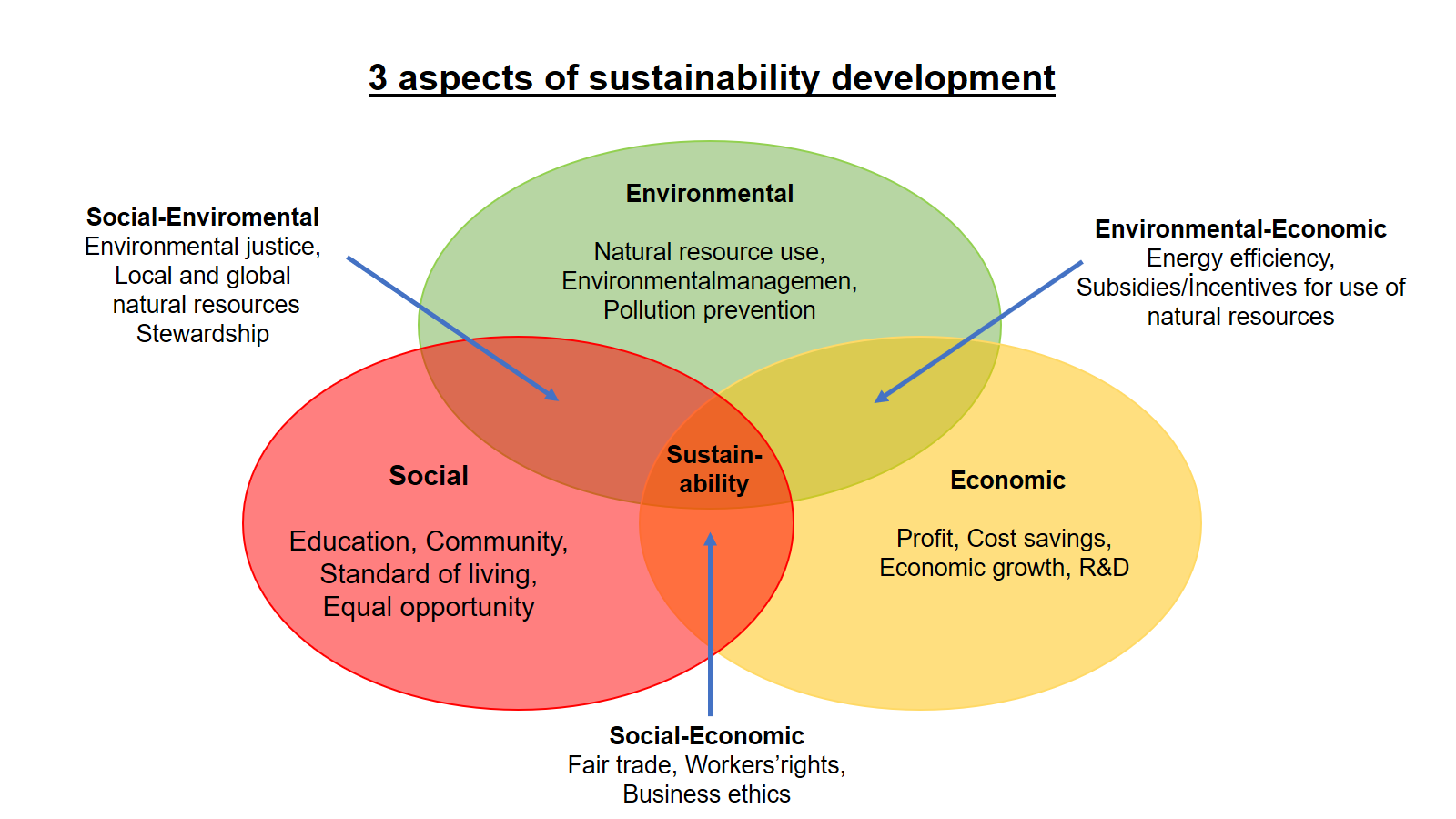The current discussions surrounding the topic of sustainability generally revolve around systems analysis and a scientific approach which evaluates resources, utilization rates, waste production, economies and other quantifiable and measurable elements. As far as this goes it’s useful and necessary; a world of finite resources, growing population and wasteful practices will inevitably reach the point of exhaustion and collapse. Lost in this approach, however, are the qualitative elements which commonly defy measurement and are therefore dismissed or paid little attention, and chief among these is ethics.
The arc of human history graphs steady ethical progress, a process through which the higher social values of humanity have been enlarged. Thus slavery, once employed as a primary economic engine of an ascendant America is now illegal and considered an abhorrent evil best left to the past. Increased freedom and opportunity for minorities, women and the disabled are signposts of society’s ethical advance, as is the current movement towards gender equity. Worldwide, though societies remain in which such ethical movement has been slow, the overall trend is clear: a better world is a more ethical world.
From the viewpoint of purely quantitative elements, however, sustainability does not require an ethical dimension. Assuming slavery continued, for example, America’s Southern plantation system supported by slave labor was viewed as sustainable by the cotton-growing landowners. In fact, from our colonial period through the Civil War, the nexus of slaves, rum and cotton sustained England’s ascent to the world’s largest empire and simultaneously provided the young United States with tremendous economic growth. Germany’s Third Reich envisioned sustainable domination of the world through an inexhaustible supply of enslaved human labor. What these two systems lacked, of course, was an ethical framework which valued human life; it was precisely that lack of an ethical dimension which made them sustainable for as long as they lasted. Accordingly, our current view of sustainability must be grounded on ethics or it risks becoming just another mode of economic instrumentality.
The difficulty, of course, is that ethical behavior is primarily subjective in nature, not objectively established, and its definition changes both over time and within cultures. Any presumption of ethical objectivity requires it to be above and apart from human values, an obvious impossibility. Accordingly, ethical arguments about self-sufficiency vs. the social safety net, trickle-down vs. indexed taxation, capitalism vs. socialism and the like easily divert us from making sound decisions about sustainability.
Nonetheless, if the ethical-arc-of-history has any validity whatsoever, true sustainability going forward must incorporate matters of social, economic, and cultural values – values which necessarily progress towards furthering human decency, dignity, equality and opportunity. Bhutan’s creation of a Gross National Happiness Index is one example of an attempt to account for qualitative values in determining its framework for future development. Sustainable ethics inexorably draws us to its ultimate expression: the realization of global sanctity.
Here in America, where many enjoy an unparalleled experience of abundance embedded within a culture of planned obsolescence and waste, the debate about sustainability appears to tilt in favor of formulas which do not impinge on matters of lifestyle or freedom of choice. Globally, however, our contribution to greenhouse gasses and climate change is undeniable, and requires substantial levels of accepting responsibility, making sacrifices, and altering behavior. It is precisely at this juncture that sustainable ethics arises as the essential value-laden ingredient to any viable long-term solutions.
